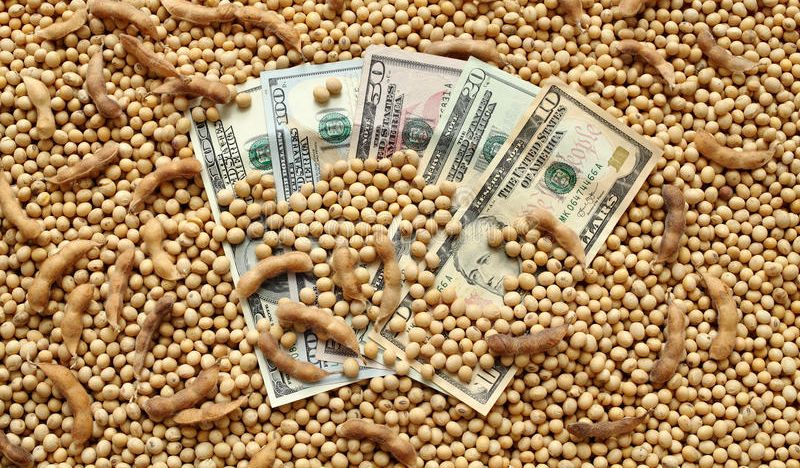The Argentine government officially confirmed the introduction of a fifth “soya dollar” scheme on 5 September to boost exports and foreign currency earnings, the Buenos Aires Times reported on the day of the announcement.
Confirming the launch of the latest scheme with the publication of a decree, the Economy Ministry was quoted as saying it was acting amid a lack of foreign currency and an imbalance in foreign trade.
Published in the Official Gazette, the fifth scheme was aimed at soyabean producers, specifically exporters who had shipped crops overseas in the last 18 months, the report said. Producers would be rewarded if they completed sales before 30 September, a few weeks before the presidential election.
The decree specified that – unlike previous schemes – the new version would not have a fixed and differential exchange rate. In the new scheme, 75% of the countervalue of the export of good would have to be brought in via foreign currency and negotiated through the Free Exchange Market, while the remaining 25% would be “freely available” to exporters.
In this way, farmers would be able to buy a tonne of soyabeans by paying 75% of an official exchange rate – 365 pesos/US$ at the current rate – while the remaining percentage could be bought through a free exchange rate – for example, the MEP or CCL dollar, currently at 672/US$ and 769 pesos/US$, respectively.
The government justified the measure by saying “it is necessary to continue implementing policies that tend to strengthen the reserves of the Central Bank, stimulating the generation of genuine income for the National State, as a result of the export of goods with low incidence in the national supply value chains”.
However, the value of the new scheme was questioned by the Argentine Rural Society, which was quoted as saying it did “not guarantee anything to farmers”.
In addition, the association said the Argentine economy needed “to have a single exchange rate, without restrictions or export duties”.
In place until 31 August, the previous soya dollar scheme had offered a special exchange rate of 340 pesos/$US and its target to raise around US$2bn had been exceeded in a few days, the report said.




